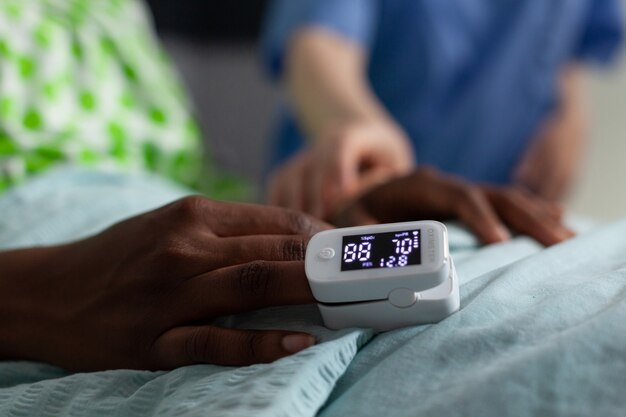Eating disorders are a growing concern worldwide, often misunderstood as just issues with food. These psychological and psychiatric conditions include Anorexia, Bulimia, and Binge Eating Disorder.
Eating disorders are often linked to self-esteem issues and a distorted body image. When someone’s self-worth is tied to their appearance, the risk of developing an eating disorder increases. These disorders are not just about food; they reflect deep emotional distress, often worsened by societal pressures and unrealistic body standards. The main types are Anorexia, Bulimia, and Binge Eating Disorder, all of which involve a distorted self-perception but differ in behaviors related to food.
Anorexia is marked by an intense fear of gaining weight, leading to severe food restriction and extreme thinness. People with Anorexia see themselves as overweight, no matter their actual size. This obsession with weight can lead to dangerous behaviors like skipping meals and abusing laxatives and diuretics. Anorexia often starts with dieting and escalates into an obsession with calories and weight, causing severe physical issues like kidney failure, osteoporosis, cardiovascular problems, and hair and teeth loss. In extreme cases, it can be fatal.
Bulimia involves cycles of binge eating followed by purging to prevent weight gain. A person with Bulimia may eat a lot of food quickly and then try to get rid of it through vomiting or using laxatives or diuretics. These cycles are often accompanied by guilt and depression, and Bulimia can seriously harm both physical health and emotional well-being.
Binge Eating Disorder involves regularly eating large amounts of food quickly, often to the point of discomfort, without purging. This can lead to significant weight gain and related health risks. A related condition, night-eating syndrome, involves restricting food during the day and overeating at night, often with insomnia.
Treating eating disorders requires a comprehensive approach involving dietitians, endocrinologists, and psychotherapists. If you or someone you know is struggling with an eating disorder, it’s crucial to:
– Educate yourself about the disorder to understand its risks and potential treatments.
– Reach out to a trusted person or support group for help.
– Seek professional help. Although it may be challenging, seeking help is a critical step towards recovery.
Remember, eating disorders are serious but treatable. With the right support and treatment, individuals can recover and regain control over their lives.







